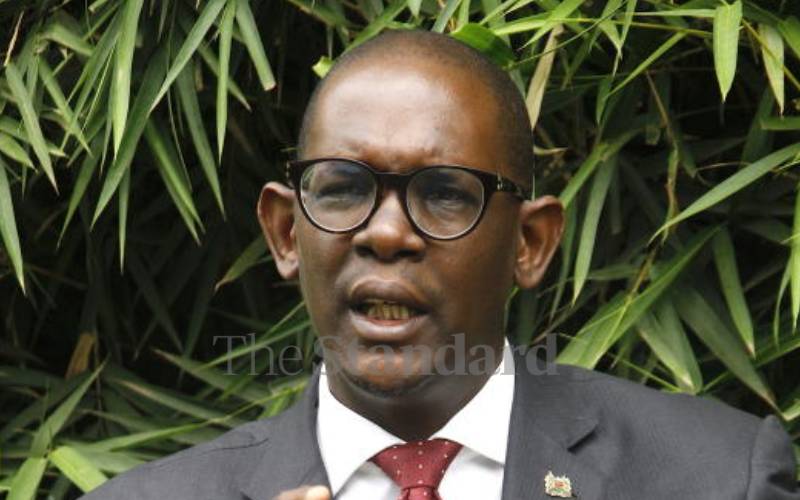×
The Standard e-Paper
Kenya’s Boldest Voice

On the morning of February 10, Nzioka Waita (pictured) will for the first time in seven years leave his bed without the pressure of needing to know what President Uhuru Kenyatta’s diary looks like, what meetings need to be cancelled or what national projects are taking too long to complete.